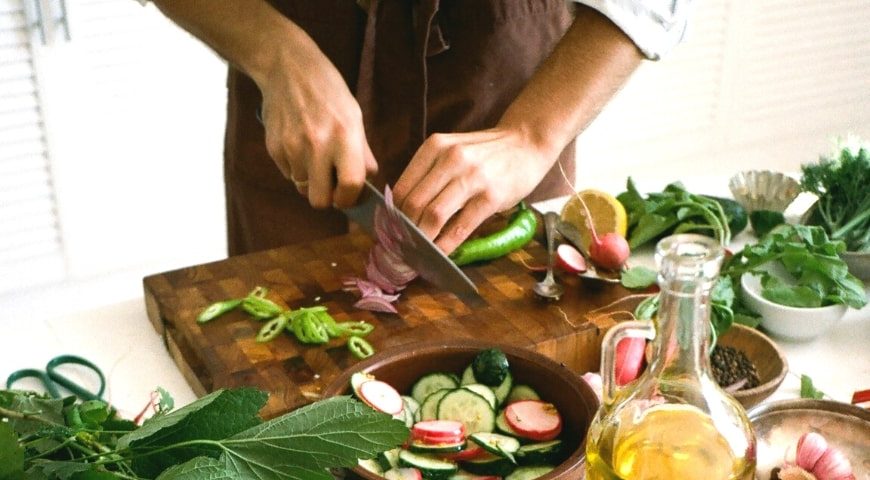
Our nutritional or dietary needs change as we grow older. Factors like slower metabolism, less active lifestyle, and low energy requirement change how we eat. Catering to the unique dietary needs of older adults is critical for maintaining overall health and well-being. It can help them live longer, healthier lives.
This post will cover important points for the dietary needs of adults over 65.
7 Key Dietary Needs of Older Adults
Protein
Protein is one of the most essential parts of the human diet. It helps us maintain muscle mass and repairs tissue. There are many great protein sources like meat, poultry, and eggs. However, it can also be important to get protein from multiple sources. Consider protein-rich foods like seafood, dairy, beans, or lentils as well.
Vitamin B12
Our bodies’ ability to absorb certain nutrients decreases as we age. Certain medications can also affect our ability to absorb nutrients. One nutrient that is an issue for many is vitamin B12. It is essential for keeping a healthy brain and nervous system. Get your daily dose of vitamin B12 by eating meat, fish, dairy, eggs, and fortified foods. Consult your doctor first if you’re considering taking a supplement to increase your vitamin B12 intake.
Calcium and Vitamin D
Older adults also need higher amounts of calcium and vitamin D. Calcium helps build and maintain strong bones and promotes good muscle and heart health.
Vitamin D is just as important as it helps calcium absorption, metabolism, and bone health. You can get calcium and vitamin D from dairy products, salmon, sardines, tuna, liver, leafy greens, and almonds. Sun exposure is also an important part of vitamin D synthesis.
Dietary Fiber
Dietary fiber is a nutrient that lowers your risk of heart disease, diabetes, and certain types of cancer. It also protects you from experiencing digestive problems like constipation, dyspepsia, etc. Your daily intake of fruits and vegetables provides fiber. Whole grains can also be a good source of fiber.
Potassium
About 70% of older adults suffer from high blood pressure. Potassium is one nutrient that is vital for maintaining healthy blood pressure. Older adults can eat fruits, vegetables, beans, and low-fat, non-fat dairy products for potassium intake.
Water
For older adults, staying hydrated is hard because they have a decreased sense of thirst. However, drinking water is as important as ever. Drinking 100% fruit juice can offer hydration and nutrition. However, getting most of your hydration from plain water is best.
Care That Goes Beyond
The Mountain Side of Warm Springs fosters an environment of purpose and independence for our residents. Our goal is for every resident to be comfortable and confident in the community. Click here to learn about our customized services. You can also click here for pricing and floor plans.
Schedule a visit to our senior care community by clicking here.
Thanks for visiting!



